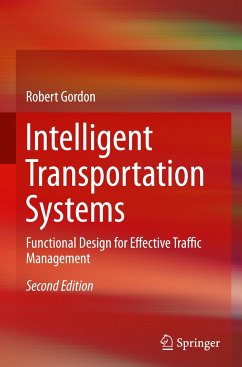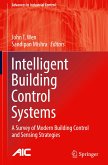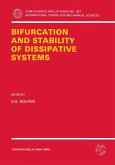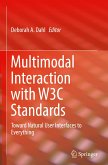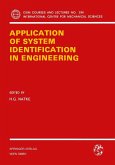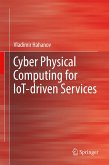Intelligent Transportation Systems: Functional Design for Economical and Efficient Traffic Management provides practical guidance on the efficient use of resources in the design of ITS. The author explains how functional design alternatives can meet project objectives and requirements with optimal cost effectiveness and clarifies how transportation planning and traffic diversion principles relate to functional ITS device selections and equipment locations. Methodologies for translating objectives to functional device types, determining device deployment densities and determining the best placement of CCTV cameras and message signs are provided, as are models for evaluating the benefits of design alternatives based on traffic conditions. Readers will learn how to reduce recurrent congestion, improve incident clearance time in non-recurrent congestion, provide real-time incident information to motorists, and leverage transportation management center data for lane control through important new active transportation and demand management (ATDM) methods. Finally, the author examines exciting developments in connected vehicle technologies, exploring their potential to greatly improve safety, mobility and energy efficiency. This resource will greatly benefit all ITS designers and managers and is of pivotal importance for operating agencies performing evaluations to justify operational funding and system expansions.
Bitte wählen Sie Ihr Anliegen aus.
Rechnungen
Retourenschein anfordern
Bestellstatus
Storno

